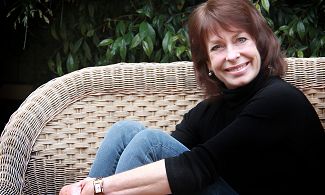You are here

Blogs by month
- April 2020 (1)
- November 2017 (1)
- October 2017 (1)
- September 2017 (1)
- July 2017 (1)
- August 2016 (1)
- February 2016 (1)
- August 2015 (1)
- June 2015 (1)
- September 2013 (1)
- August 2013 (1)
- June 2013 (1)
Blogs by category
-
(3)
-
(1)
-
(3)
-
(6)
-
(3)
-
(1)
-
(1)
-
(3)
-
(3)
-
(2)
-
(4)
-
(5)
-
(2)
